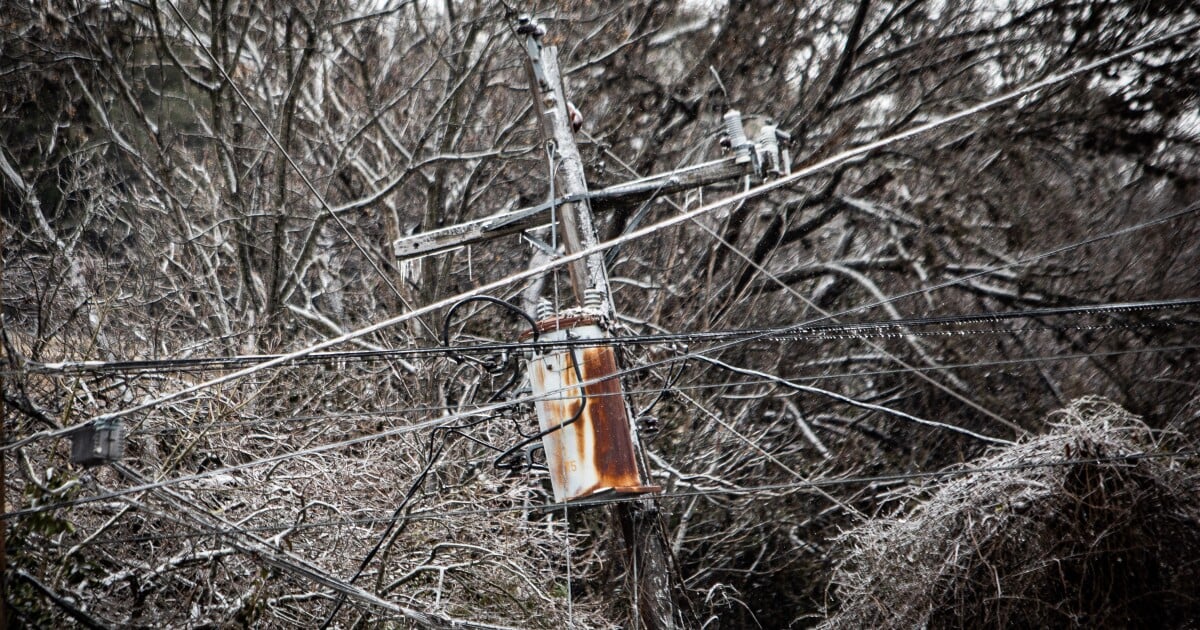Almost three years since the deadly Texas blackout of 2021, a panel of judges from the First Court of Appeals in Houston has ruled that big power companies cannot be held liable for failure to provide electricity during the crisis. The reason is Texas’ deregulated energy market.
The decision seems likely to protect the companies from lawsuits filed against them after the blackout. It leaves the families of those who died unsure where next to seek justice.
In February of 2021, a massive cold front descended on Texas, bringing days of ice and snow. The weather increased energy demand and reduced supply by freezing up power generators and the state’s natural gas supply chain. This led to a blackout that left millions of Texans without energy for nearly a week.
The state has said almost 250 people died because of the winter storm and blackout, but some analysts call that a serious undercount.



I know your joking here, but this is actually the path forward and is being implemented in other states and countries.
The power company provides at a discount or for free a home backup battery to the residence. If not free, You pay off the battery at a very affordable rate but end up with a smaller power bill as the power company can access its power to balance the load, filling it up when power is cheap and the battery being used when power is expensive.
In a blackout, the home owner gets to use the battery and doesn’t suffer an outage.
It makes the grid more secure by dispersing it around thousands of homes instead of a large expensive failure points and gives them an improved ability to balance the overall load instead of needing a gas peaker plant.
I think it was recently announced that a Vermont power company was going to onboard 100% of their users in the next few years, but it’s happening elsewhere too. If a tree takes something down in a snow storm, people won’t lose power giving them time to fix it.
That actually seems like a really good idea on the infrastructure side. We should still get rid of private power companies.
Absolutely.
Batteries are consumable though. Only so much usage available
An LFP battery will last over a decade of daily full discharges, and that’s not going to be what happens, and even then, it’s still 80%.
Probably looking at
30-4020-30 years before wanting to replace it due to energy levels.Peaker plants also require maintenance and staffing and other costs associated with them.
The batteries being consumable isn’t a problem.
Edit: and gas from a peaker plant is consumed too